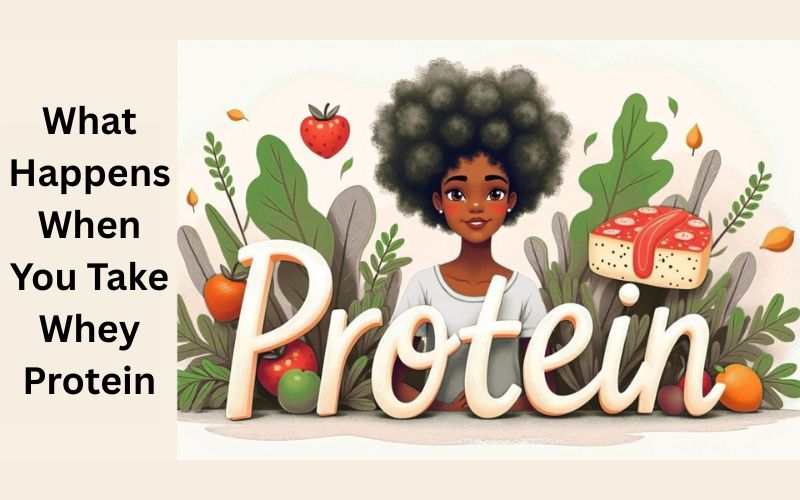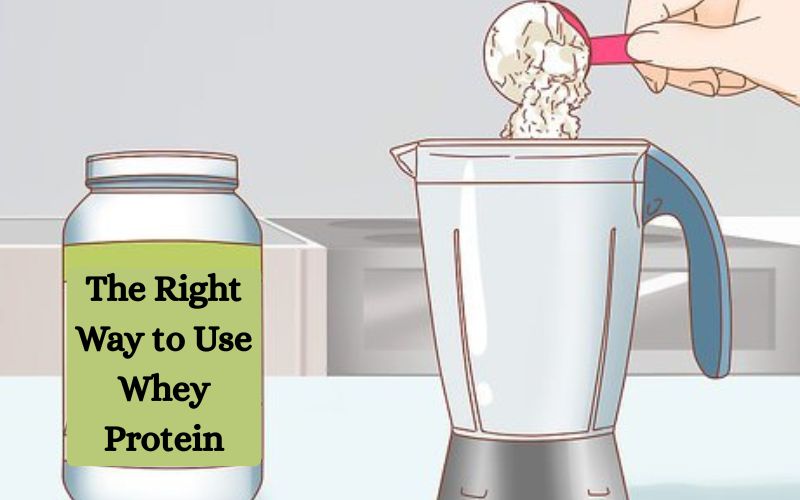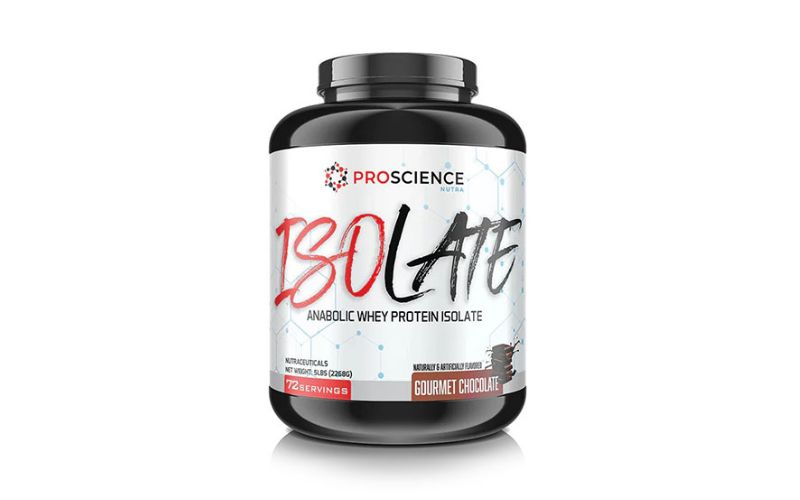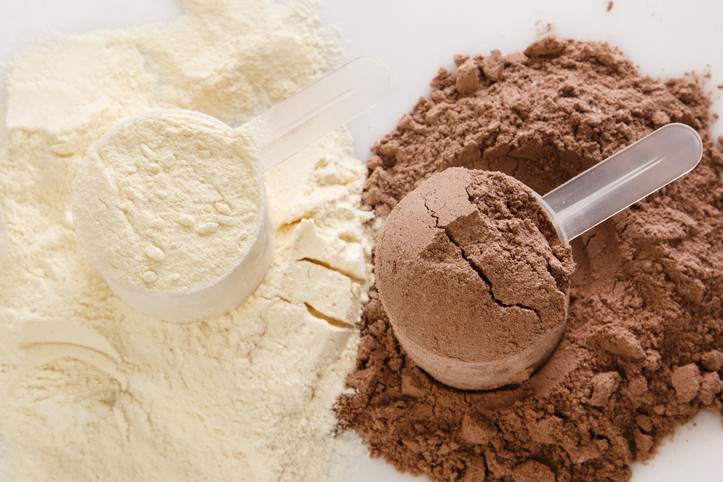Whey protein is one of the most discussed supplements in the world of fitness, yet one question seems to never go away: Does whey protein make you fat? The short answer is no—but the long answer is worth exploring, especially if you want to understand how your body actually responds to protein intake, calories, and exercise.
Many people in Pakistan who start taking whey protein notice slight weight changes and instantly assume they are gaining fat. In reality, those changes often come from muscle growth or water retention, not fat accumulation. To truly understand why this confusion exists, we need to look at what whey protein does, how your body processes it, and when it could actually lead to weight gain.
Table of Contents
What Happens When You Take Whey Protein

Whey protein is a fast-digesting milk protein packed with essential amino acids that support muscle recovery and growth. When you consume it after a workout, your muscles use it to repair damaged tissue and build new lean mass.
On average, one scoop of whey protein contains 100–130 calories and 20–25 grams of protein, with very little fat or sugar. On its own, that’s not nearly enough to make you gain fat. What matters more is your total daily calorie balance. If you consume more calories than your body burns, you’ll store the excess as fat—regardless of whether those calories come from protein, carbs, or fats.
That’s why many experts emphasize that whey protein doesn’t make you fat—extra calories do.
Why People Believe Whey Protein Leads to Fat Gain
This myth largely comes from misunderstanding how protein shakes are used. Whey protein is often blended with milk, peanut butter, bananas, oats, or honey to make a high-calorie smoothie. These recipes are great for people who want to gain weight or build muscle mass, but they can easily add up to 400–600 calories per serving.
If you’re not exercising regularly or tracking your intake, this calorie surplus can slowly lead to fat gain. However, that’s not the fault of the whey protein itself—it’s how it’s being consumed.
On the other hand, if you use whey protein strategically, especially as a post-workout shake or meal supplement, it can actually support fat loss by keeping you full longer, reducing cravings, and helping you preserve lean muscle during calorie deficits.
For more guidance on using whey effectively, you can explore:
The Right Way to Use Whey Protein

To make whey protein work for your body and not against it, the key is balance and purpose. Ask yourself what your goal is: muscle gain, fat loss, or maintenance.
If your goal is muscle gain, you’ll need a calorie surplus. You can use whey protein with milk, oats, peanut butter, or fruits to build a nutrient-dense shake. These extra calories will go toward muscle recovery and size increase when paired with strength training.
If your goal is fat loss, use whey isolate or hydrolyzed whey protein mixed with water or low-fat milk. These forms are cleaner, have fewer carbs, and digest faster, helping your body burn fat more efficiently. Products like Dymatize ISO100 or ProScience Nutra Isolate 5lbs are excellent options for this goal.
Regular gym-goers can benefit from one to two scoops daily—ideally one after workouts and another between meals if needed. Always monitor total calorie intake and pair your shakes with whole foods rich in vegetables, lean proteins, and complex carbohydrates.
Understanding the Weight Gain You Might Notice
Sometimes people see the scale move up after starting whey protein and panic. But remember: muscle is denser than fat, so you can gain muscle mass and appear leaner even if your weight increases. Additionally, whey protein boosts muscle glycogen and hydration, which means your body might temporarily hold more water.
This type of weight gain is not fat—it’s a sign that your muscles are rebuilding and retaining nutrients more efficiently. Over time, this leads to better metabolism, improved strength, and a leaner shape.
If you’re using whey protein purely for weight gain, check out Whey Protein for Weight Gain or Protein Shake Recipes for Effective Weight Gain for practical guidance.
Learn the truth about whey protein and achieve your fitness goals smarter—read now.
Choosing the Right Whey Protein Type
Not all whey proteins are created equal. To avoid unnecessary calories or additives, always choose products that fit your goals:
- Whey Concentrate: Suitable for beginners or those on a budget. Contains small amounts of carbs and fats.
- Whey Isolate: Ideal for fat loss or lean muscle goals due to higher protein purity and lower lactose.
- Hydrolyzed Whey: Pre-digested for faster absorption; best for athletes or people with digestion issues.
If you’re confused about which one to pick, you can compare Whey Protein Isolate vs Concentrate for detailed insights.
Whey Protein and Calorie Balance
Whether whey protein makes you gain or lose weight depends on your total calorie balance.
Whey helps preserve lean muscle while keeping you fuller for longer—making it a smart choice
for both bulking and fat loss.
Calorie Deficit
You burn more than you eat → whey supports fat loss and prevents muscle breakdown.
Calorie Maintenance
You eat roughly what you burn → whey helps maintain strength and recovery.
Calorie Surplus
You eat more than you burn → whey contributes to healthy weight or muscle gain.
Tip: Whey protein itself doesn’t cause fat gain—excess calories do.
Final Thoughts
So, does whey protein make you fat? The evidence is clear—it doesn’t. Whey protein is a nutrient tool, not a calorie trap. Whether it supports fat loss or contributes to weight gain depends entirely on how it fits into your overall nutrition and lifestyle.
Used correctly, it enhances your fitness results by improving muscle recovery, boosting metabolism, and supporting a lean, strong physique. So instead of fearing whey protein, focus on the bigger picture: your total calorie intake, physical activity, and consistency.
If you’re ready to choose the right whey protein for your goals, explore trusted options like Gold Standard 100% Whey, Nitro Tech Whey Gold, or Applied Diet Whey.



























